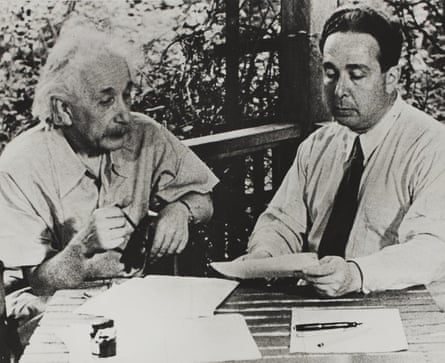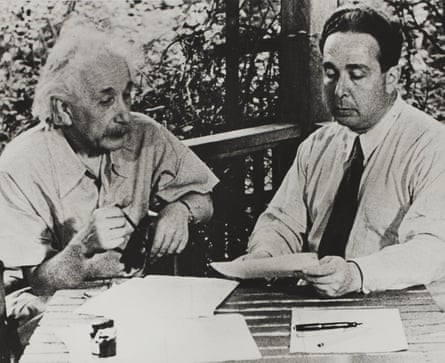Is AI’s Future in National Security? New Book Explores Tech’s Role
Oscar Wilde’s famous quote, “Life imitates art far more than art imitates life”, might need an update: replace “art” with “AI”. A new book, The Technological Republic: Hard Power, Soft Belief and the Future of the West, by Alexander C. Karp and Nicholas W. Zamiska, argues for a stronger relationship between Silicon Valley and the U.S. government to utilize artificial intelligence in the name of national security. This sparks a discussion about the future of AI.
Karp, a co-founder of the secretive tech company Palantir, is a figure of fascination both inside and outside the tech world. Palantir’s prowess lies in machine-learning technology, particularly its ability to find patterns in vast amounts of data. The company emerged when many Silicon Valley tech companies either disdained government or had engineers unwilling to work for the US military. The result was an opening that Karp and his colleagues exploited to build a company that seems to be thriving (current market capitalization: $200bn) while, simultaneously, drawing criticism from some quarters.

The authors of The Technological Republic write about the importance of collaboration between the state and technology sector.
Karp and Zamiska express indignation at what they perceive as the arrogance of Silicon Valley, which, in their view, deploys its engineering prowess to create consumer diversions, rather than utilizing it to create technologies that bolster national security. They argue that Silicon Valley’s wealth was built on technological foundations laid by the state, yet its beneficiaries often display contempt for the government.
Underlying the book’s arguments are themes of longing for the collaboration between the American state and scientists and engineers during wartime and the post-war era, reminiscent of the Manhattan Project. The book also examines what the authors term “The Hollowing Out of The American Mind”: the decline of belief and the assumption that moral or ethical correctness negates the need to deal with the question of relative power in geopolitics.

Palantir co-founder Alex Karp.
Karp expresses anxiety about American dominance, viewing it as crucial for the survival of the values he reveres. He views the idea that the US may again be engaged in an all-out war as preposterous, yet he argues that events, such as Russia’s war in Ukraine, have rudely awakened the West. The authors’ conclusion is that a more intimate collaboration of the state and the technology sector, and a closer alignment of vision, will be required if the United States and its allies are to maintain an advantage. The argument suggests that perhaps the arrival of AI marks a pivotal “Oppenheimer moment”.
In 1939, Albert Einstein and Leo Szilard wrote to President Roosevelt, urging him to explore the construction of an atomic bomb. They noted that the rapid advances in technology “seem to call for watchfulness” and a partnership with physicists.
For some, the move to reconceptualise AI as essential technology for national security may seem disastrous, akin to “Big Brother on steroids”. However, others suggest that the West needs this technology to meet the threat presented by adversaries already using it. As Karp stated, “The only solution to stop AI abuse is to use AI.” This book sparks the discussion about where AI is headed next.


